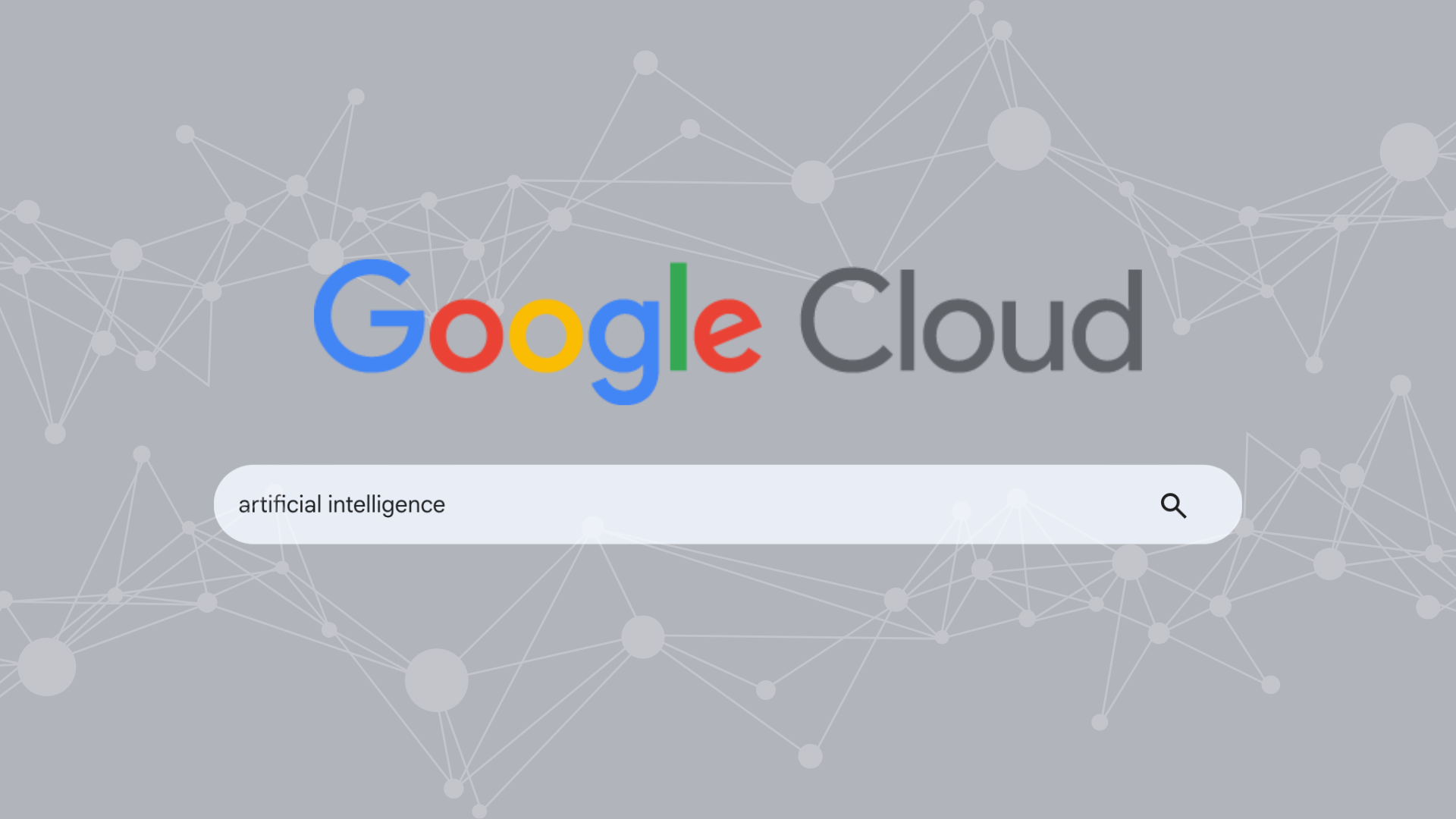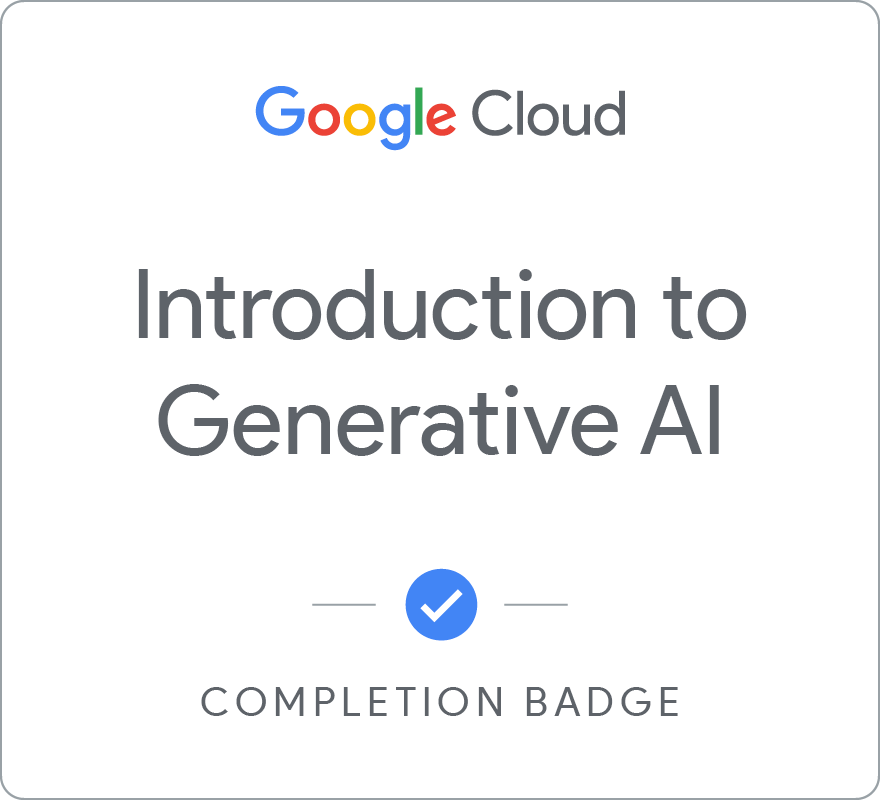Develop Your Digital Skills with Google's New AI Courses

As digital marketers, we're constantly seeking ways to sharpen our skills, whether it's diving into the latest SEO strategies, crafting compelling email campaigns, or mastering the intricacies of Google Analytics. But the rapid evolution of the digital universe demands we look beyond the traditional. The rise of AI is no longer a distant future; it's the present, and it's rapidly changing the game. That's why Google's recent announcement of free, in-depth AI courses is such a monumental development, offering a direct pathway to understanding and leveraging this powerful technology.
The digital marketing arena is fiercely competitive, and continuous learning is the key to staying relevant. While certifications in SEO and analytics remain valuable, the next frontier lies in understanding and applying Artificial Intelligence. Recognizing this pivotal shift, Google has generously opened the doors to AI education with the release of its own free courses. This isn't just about adding another line to your resume; it's about gaining a fundamental understanding of the tools that will define the future of digital marketing.
The diverse range of courses offered includes: "Introduction to Generative AI," "Introduction to Large Language Models," "Introduction to Responsible AI," "Introduction to Image Generation," "Encoder-Decoder Architecture," "Attention Mechanism," "Transformer Models and BERT Model," "Create Image Captioning Models," and "Introduction to Vertex AI Studio."


What does this mean to the world of Digital Marketing?
By offering courses like "Introduction to Responsible AI," Google is proactively educating individuals on the ethical considerations surrounding AI development and deployment. This is crucial in marketing, where the misuse of AI could lead to biased algorithms, privacy violations, or the spread of misinformation.
Increased awareness of responsible AI principles will empower marketers to leverage AI in a way that builds trust with consumers and aligns with ethical guidelines. An example of this occurring would be if marketers learning about bias detection in AI models will be better equipped to ensure their advertising campaigns target diverse audiences fairly and avoid perpetuating harmful stereotypes. Understanding data privacy implications will help them use AI for personalization in a way that respects user consent and data security regulations.
As people learn more about AI through accessible education, there will be a reduced fear and misunderstanding, fostering a more informed perspective on its capabilities. These courses can highlight both the immense potential and the potential pitfalls of AI, encouraging thoughtful and responsible adoption. Understanding how generative AI models create content can help distinguish between the difference between authentic and AI-generated material, reducing the risk of unknowingly spreading misinformation or violating copyright.
These courses provide marketers with the foundational knowledge necessary to truly harness the power of AI tools. Instead of just using AI superficially, a deeper understanding of concepts like large language models, generative AI, and image generation will enable marketers to develop more sophisticated and effective strategies. This includes creating highly personalized content, automating complex workflows, gaining richer insights from data, and developing innovative marketing campaigns.


